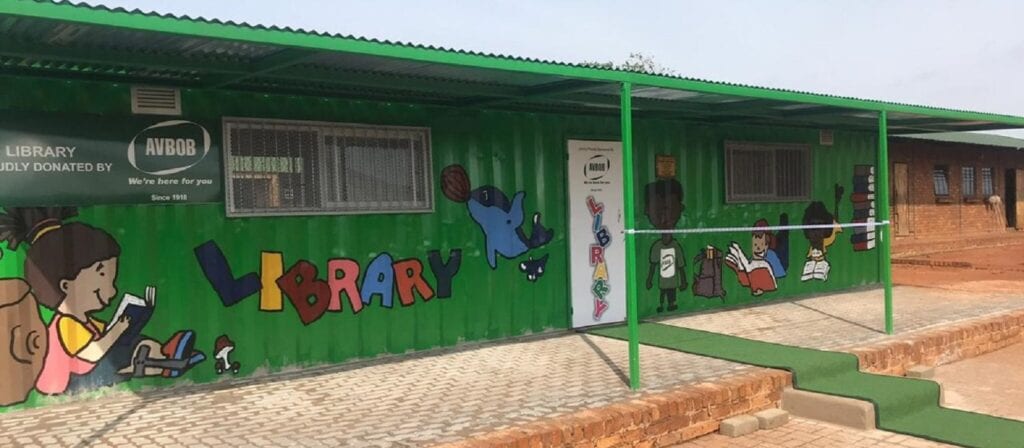With a proud history of over 100 years, AVBOB, the largest mutual assurance society in Africa, has provided solace to families and grieving survivors on the basis of its founding principles of working together with a mutual aim: which started with providing dignified funerals of loved ones during the Spanish Flu in 1918.
A mutual society, which is an organisation owned by its members, is akin to belonging to a family because, in a family, people share. In a mutual society, it’s no different. The society’s profits are reinvested in the group to help improve services and benefits, and it is given back to its policyholders. This is unlike traditional companies where external shareholders expect dividends. There is a multitude of funeral and insurance providers in South Africa, from big banks to smaller operators.
The funeral insurance market is, however, highly competitive and continues to grow as a sector. According to the Centre for Financial Regulation and Inclusion (Cenfri), about 11 million South Africans have some form of formal funeral insurance, but a large majority of South Africans have cover through stokvels. Stokvels are invitation-only clubs of twelve or more people serving as rotating credit unions or saving schemes in South Africa where members contribute fixed sums of money to a central fund on a weekly, fortnightly or monthly basis.
Making a difference
Carl van der Riet, Chief Executive Officer of AVBOB, explains that the organisation has adopted a shared value business model - rooted in its mutual status - which means that the benefits of everything it does are given back to its members in the form of free benefits.
“We do this not to gain a competitive advantage or to improve our corporate image, but because shared value and mutual benefit is simply who we are. It has given us the capacity, capability, and infrastructure to support the AVBOB family throughout life until the end,” van der Riet explained.
Making a difference is a key focus at AVBOB. The company has donated 56 container school libraries and invested ZAR 135 million in the upgrade of rural schools as well as a further ZAR 15 million in the Sanitation Appropriation for Schools project. Its extensive corporate social investment (CSI) programme further includes a popular annual poetry competition, now in its fifth year.

Published July 2021
The poetry competition, by the end of 2020, had attracted more than eighty-thousand entries in all 11 official languages. The poems are themed around love, hope, death and birth, are aimed at supporting and comforting bereaved families during their time of mourning.
Driving mutual solutions
AVBOB recently responded to a plea for mutual support by Nelson Mandela Academic Hospital in the Eastern Cape, which didn’t have sufficient space in its existing mortuary facility. The pandemic has overstretched the public hospital, which serves five district municipalities in the Mthatha region.
The container mortuary – which is converted from refrigerator “reefer” containers with its own cooling system and modified to include mortuary racks, lighting, a ramp and a standby generator – has the capacity to accommodate 40 deceased.
The innovative container mortuary solution has been helping the Group’s funeral branches boost the capacity of their mortuaries, enabling them to cope better with surging Covid-19 mortality rates in hot spot areas.
As a mutual society, AVBOB believes it has a societal duty to help its members and indeed South Africa as a whole. The effect of the COVID-19 lockdown has laid bare numerous challenges in South Africa, most notably, gender-based violence (GBV) – a silent pandemic that has been a national crisis for many years.
The fight against GBV has gained a new corporate partner as AVBOB has taken a stand against the alarmingly high rate of violence against women and children with its 365+ campaign. To launch the campaign in 2020, AVBOB donated ZAR 210,000 to seven NGOs across the country that are involved in assisting victims of GBV.
Mutuals offer an important safety net for the less fortunate in society, which is becoming increasingly important as governments in many parts of the world such as South Africa retreat from social insurance provision.
Recognising the deep-rooted challenges created by poverty and inequality in its country, AVBOB remains committed through its shared value strategy to sustainable economic partnerships and community development initiatives.
This case study is based on an article originally published by Mail & Guardian (South Africa).





